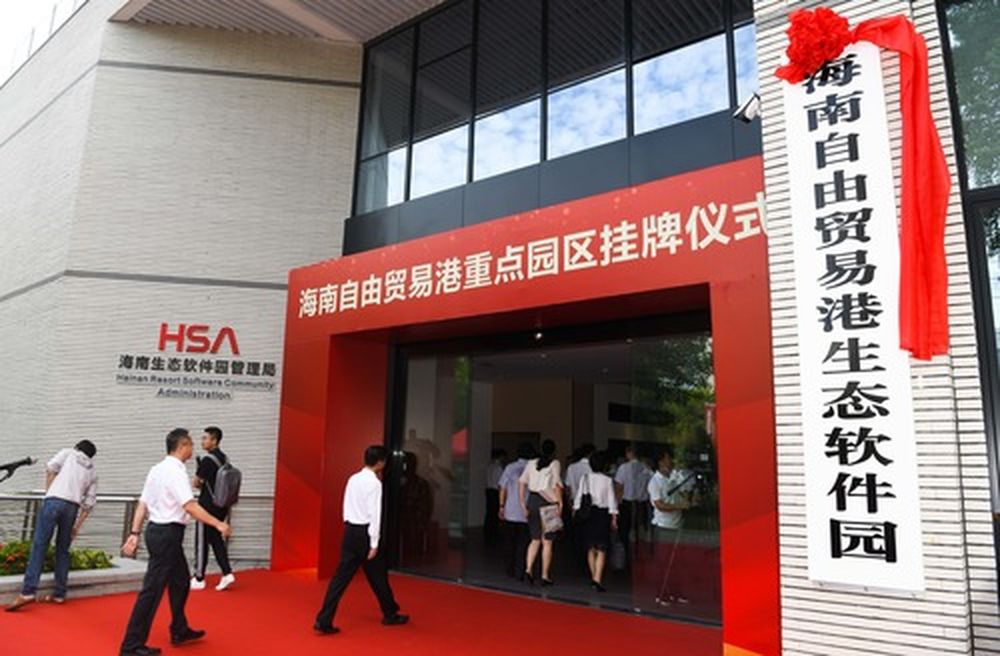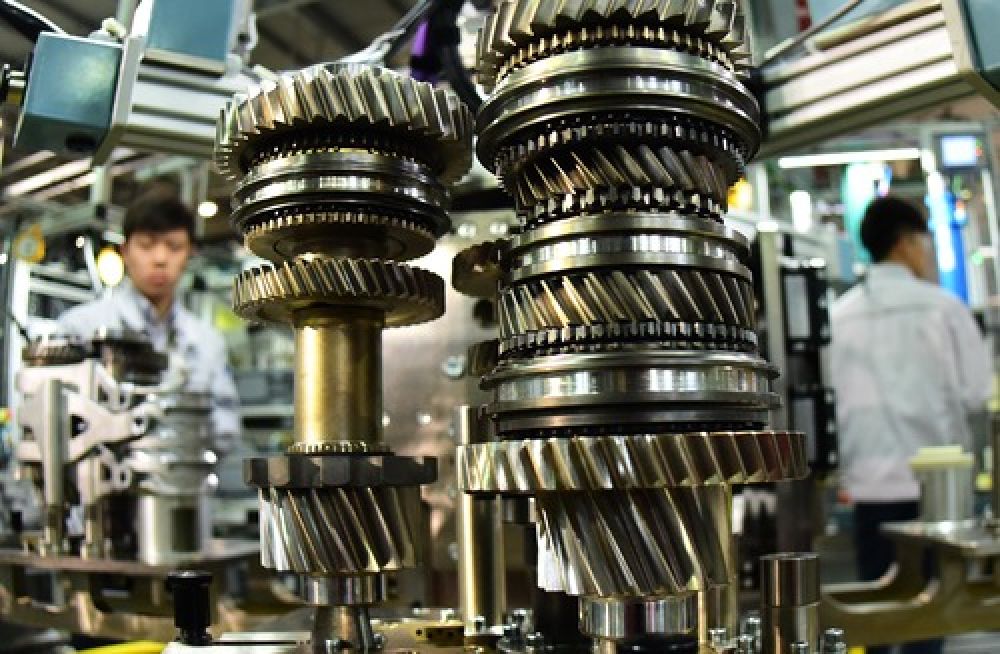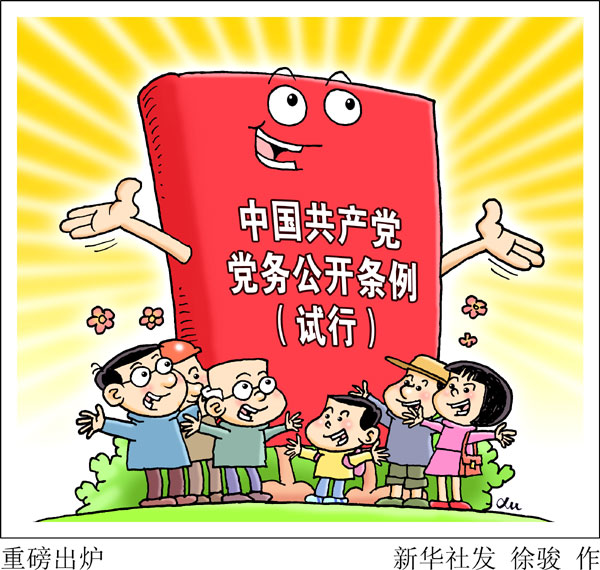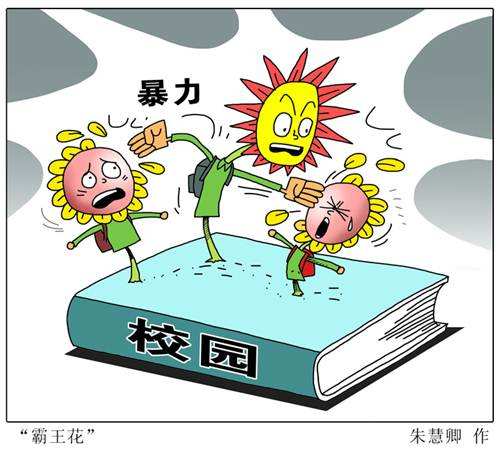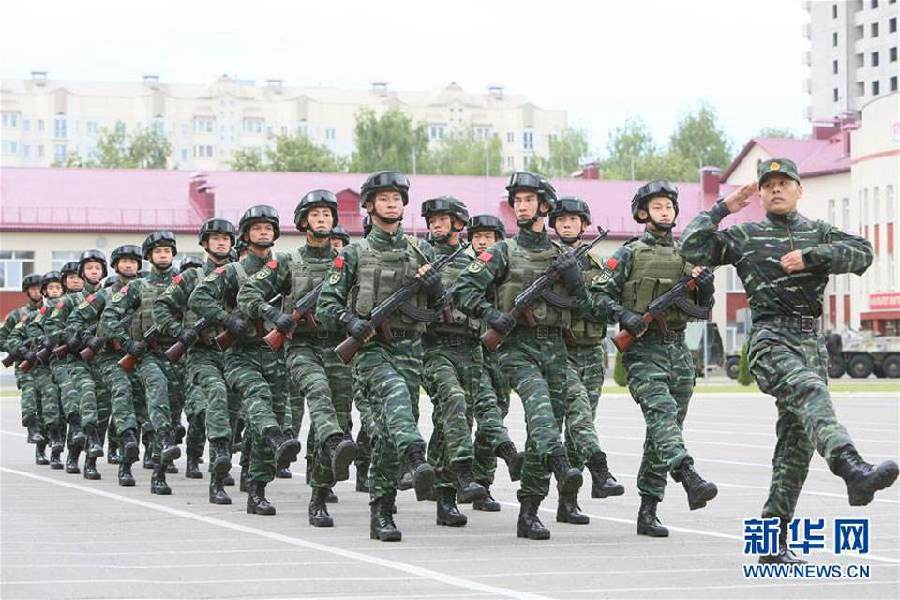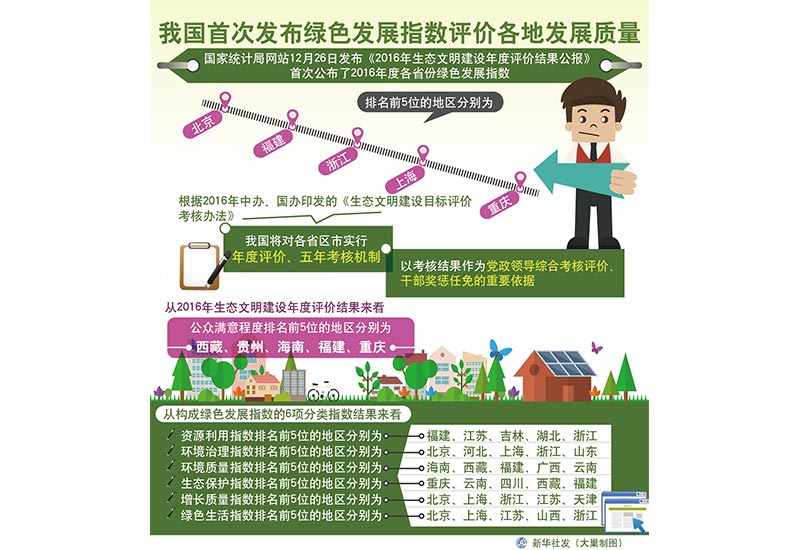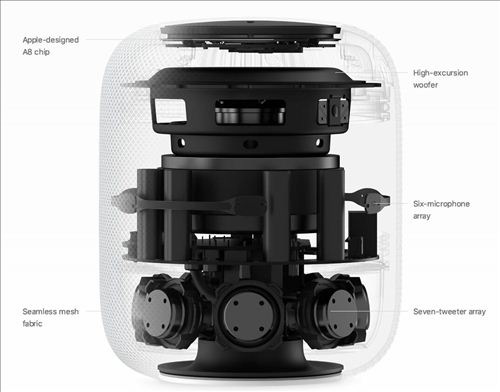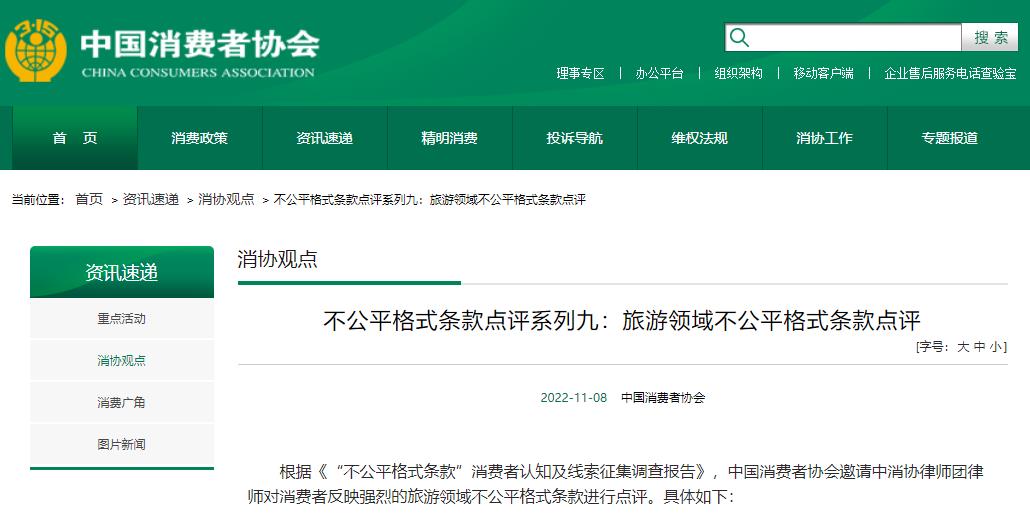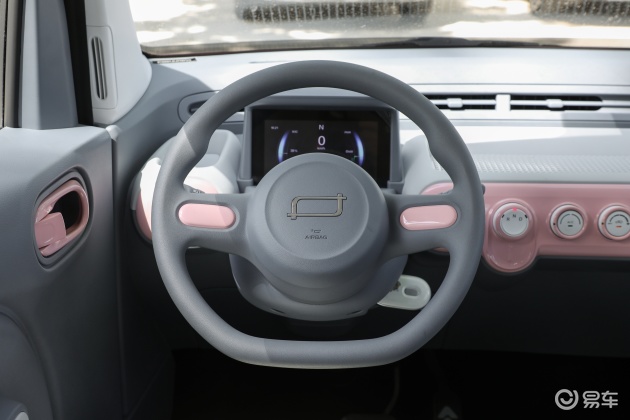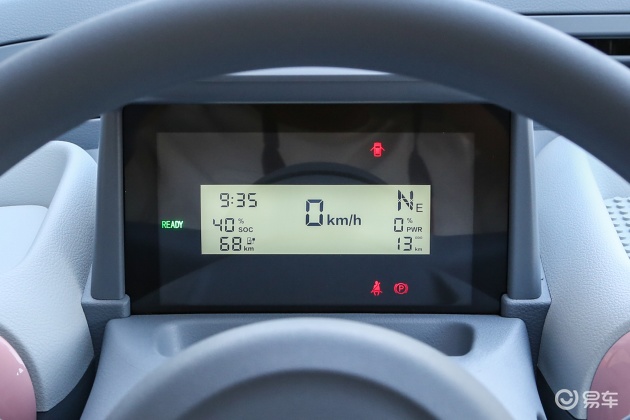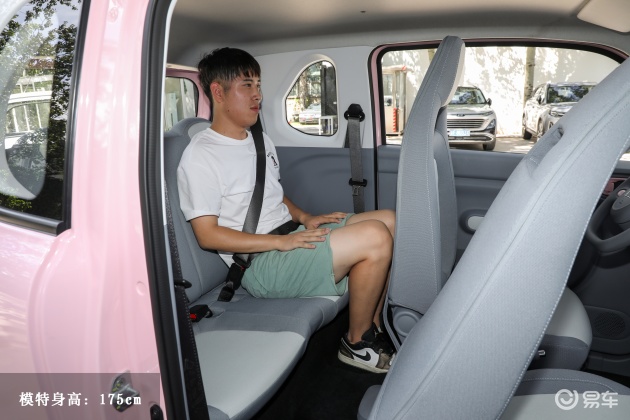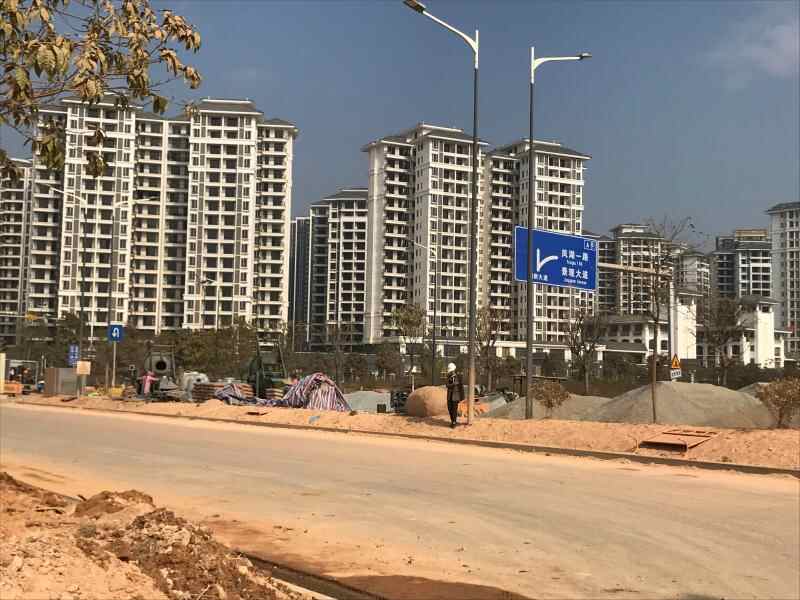The people’s governments of all prefectures and cities, the Administrative Committee of Central Yunnan Industrial New District, and the provincial committees, offices, departments and bureaus:
The implementation plan for accelerating the development of science and technology service industry in Yunnan Province is hereby printed and distributed to you, please implement it carefully.
Yunnan Provincial People’s Government
May 26th, 2015
Implementation plan of accelerating the development of science and technology service industry in Yunnan Province
In order to conscientiously implement the spirit of Several Opinions of the State Council on Accelerating the Development of Science and Technology Service Industry (Guo Fa [2014] No.49) and accelerate the development of science and technology service industry in our province, this plan is formulated.
I. General requirements
(A) the guiding ideology
We will thoroughly implement the spirit of the 18th National Congress of the Communist Party of China, the 3rd and 4th Plenary Sessions of the 18th Central Committee, and the 8th, 9th and 10th Plenary Sessions of the 9th Provincial Party Committee. Focusing on our position as a demonstration area of national unity and progress, a vanguard of ecological civilization construction, and a radiation center facing South Asia and Southeast Asia, we will seize major strategic opportunities such as the Belt and Road Initiative and bridgehead construction, deepen the reform of the science and technology system, accelerate the transformation of government functions, improve the policy environment, and support the implementation of the innovation-driven development strategy. With the focus on serving the technological innovation of key and advantageous industries in our province and improving the industrial innovation capability, we will extend the service chain of technological innovation. Give full play to the decisive role of the market in the allocation of resources, cultivate and expand the market players of science and technology service industry, cultivate new formats of science and technology service, improve the overall level of science and technology service industry, promote the professional, networked, large-scale and international development of science and technology service, and provide scientific and technological service support for our province to break a leap-forward development path.
(2) Basic principles
Insist on deepening reform. Promote the reform of science and technology system, accelerate the transformation of government functions and decentralization, orderly liberalize market access for science and technology services, simplify pre-approval, establish institutional mechanisms that are in line with provincial conditions and sustainable development, create a development environment of equal participation and fair competition, and stimulate the vitality of all kinds of science and technology service subjects.
Adhere to market orientation. Give full play to the decisive role of the market in resource allocation, comprehensively use fiscal, taxation, finance, industry and other policies to support the market-oriented development of science and technology service institutions, strengthen professional division of labor, expand market space, and realize the professional development of science and technology service industry.
Adhere to innovation and development. Make full use of modern information and network technology, rely on various scientific and technological innovation carriers, integrate and open public scientific and technological service resources, promote technological integration innovation and business model innovation, and actively develop new scientific and technological service formats.
Adhere to open cooperation. Encourage scientific and technological service institutions to strengthen regional cooperation, focus on strengthening exchanges and cooperation with advanced regions in China, South Asia and Southeast Asia, and developed countries, and cultivate service brands with regional influence.
(3) Development goals
By 2020, a scientific and technological service system covering the whole chain of scientific and technological innovation will be basically formed, the ability to serve scientific and technological innovation will be greatly enhanced, the marketization level and international competitiveness of the scientific and technological service industry will be significantly improved, a number of new scientific and technological service formats and a number of scientific and technological service industry clusters will be cultivated, and a number of scientific and technological service institutions and leading enterprises with well-known brands will be cultivated in the advantageous and characteristic fields such as plateau agriculture, experimental animals, vaccines and Chinese medicines, natural medicines, new materials of nonferrous metals and rare precious metals, and the central Yunnan region will be formed as a leading domestic enterprise. The "912" project will be implemented, and 10,000 science and technology service institutions will be built around nine key tasks, including research and development, technology transfer, inspection and certification, business incubation, intellectual property rights, science and technology consultation, technology and finance, science and technology popularization and comprehensive science and technology services, and the industrial scale will be 200 billion yuan.
Second, the key tasks
(1) Research and development and its services
Improve the market professional technical service ability of universities and research institutes. Establish and improve the market-oriented service mechanism of institutions of higher learning and research institutes, and encourage institutions of higher learning and research institutes to undertake pilot application research services such as enterprise technology development and product development.
Improve the sharing level of scientific research facilities and instruments and equipment in universities, research institutes and enterprises. Establish and improve the open operation mechanism of scientific research facilities and instruments in institutions of higher learning, scientific research institutions and enterprises, and encourage major scientific research infrastructure, key laboratories, engineering laboratories, engineering (technical) research centers, enterprise technology centers, collaborative innovation centers, analysis and testing institutions and large-scale scientific research instruments that rely on institutions of higher learning, scientific research institutions and enterprises and are supported by financial funds to open their services to the society.
Cultivate new forms of R&D organizations, R&D intermediaries and R&D service outsourcing in market-oriented enterprises. Study and formulate implementation measures conducive to the professional development of R&D enterprises, encourage the professional development of R&D enterprises, and form a new format of R&D services.
(Provincial Science and Technology Department, Development and Reform Commission, State-owned Assets Supervision and Administration Commission, Industry and Information Technology Commission, Finance Department, Education Department, Quality Supervision Bureau, Kunming Branch of Chinese Academy of Sciences, etc. are responsible according to the division of responsibilities, and the first one is the lead unit, the same below)
(2) Technology transfer services
Give full play to the service functions of established national and provincial technology transfer institutions and platforms. Improve the operation mechanism, innovate the service mode, focus on a number of national and provincial technology transfer service institutions, such as the National International Technology Transfer Center and the Provincial Productivity Promotion Center, and carry out integrated services such as pilot test and technology ripening for the market. Taking the South Expo (Kunming Fair) and the docking of science and technology into Yunnan as an opportunity, we will undertake the transformation and ripening of domestic and foreign scientific and technological achievements in our province, and promote the transfer and transformation of scientific and technological achievements with domestic advantages and characteristics to South Asia and Southeast Asia countries.
A number of new technology transfer service institutions have been established. Support the establishment of a number of new technology transfer service institutions in Yunnan Science and Technology Innovation Park, Kunming, Yuxi National High-tech Zone and other technology-intensive areas, focusing on Yunnan’s advantageous and characteristic fields such as biology, energy and equipment manufacturing, so as to promote the formation of cross-disciplinary, cross-regional and whole-process technology transfer integrated services.
Optimize the service environment for technology transfer. To study, draft and formulate relevant local laws and government regulations to promote the transformation of scientific and technological achievements in our province, and guarantee the income or equity ratio of personnel and technology transfer institutions who have made important contributions to the transfer and transformation of scientific and technological achievements according to law. In Yunnan Science and Technology Innovation Park and national high-tech industrial development zones such as Kunming and Yuxi, we will explore the establishment of various forms of incentive mechanisms for scientific and technological personnel and management personnel who have made outstanding contributions to the scientific and technological service enterprises in which state-owned holding institutions are transformed, state-owned high-tech enterprises, universities and research institutes have invested in scientific and technological achievements at a fixed price.
(Provincial Science and Technology Department, Legislative Affairs Office, State-owned Assets Supervision and Administration Commission, Finance Department, Development and Reform Commission, Education Department, Intellectual Property Office, etc. are responsible according to the division of responsibilities)
(3) Inspection, testing and certification services
Improve the inspection and testing technical level and service ability of the established national quality inspection center testing laboratory and provincial quality inspection center. Improve the operation mechanism, support inspection and testing institutions of different ownership to actively participate in market competition, carry out third-party inspection and testing qualification certification, and provide inspection and testing services such as analysis, testing, inspection, standards and certification for the whole process of design and development, manufacturing and after-sales service.
A number of public inspection and testing platforms will be built. Improve the planning and layout of inspection and testing institutions, focus on key industries, highlight the needs of special inspection and testing services such as experimental animals, new materials of non-ferrous and rare precious metals, and import and export commodities at border ports, build a number of inspection and testing platforms, support the development and application services of technical standards in the fields of plateau characteristic agriculture, experimental animals, vaccines, traditional Chinese medicines and natural medicines, and explore the construction of a full-service system for technical standards.
Promote the marketization of inspection and testing services. In accordance with the national arrangements for promoting the transformation of scientific and technological service institutions, we will promote the transformation of qualified inspection and testing service institutions.
(Provincial Science and Technology Department, Quality Supervision Bureau, Office, Yunnan Entry-Exit Inspection and Quarantine Bureau, etc. are responsible according to the division of responsibilities)
(D) Business incubation services
Improve the professional service ability of existing incubators. Improve the ability of national university science parks and incubators to serve college students’ entrepreneurial employment and the transformation of scientific and technological achievements; Build a business incubation service chain of "business nursery+incubator+accelerator" and explore new incubation methods based on the Internet.
Cultivate a number of innovative incubators such as professional incubators and innovation stations, and identify a number of provincial incubators. Focusing on key industries, highlighting the needs of characteristic industries such as experimental animals, new materials of nonferrous metals and rare precious metals, and cultivating and identifying a number of professional incubators and innovation stations in areas where technical needs are concentrated, such as Kunming and Yuxi National High-tech Zone.
Guide enterprises and social capital to participate in incubator construction. Attract all kinds of investment institutions to provide investment and financing services to incubation enterprises, and promote the close integration of angel investment, scientific and technological achievements transformation funds and business incubation.
Cultivate business incubation service teams. Establish a three-level entrepreneurial service system of "enterprise liaison+enterprise counselor+entrepreneurial tutor" in the incubator; Strengthen entrepreneurship education, create an entrepreneurial culture, take innovation and entrepreneurship competition as a breakthrough, create an entrepreneurial atmosphere, and cultivate entrepreneurial service talents.
(Provincial Science and Technology Department, Education Department, Human Resources and Social Security Department, Finance Department, etc. are responsible according to the division of responsibilities)
(5) Intellectual property services
Guide and support the development of intellectual property services. Improve the service system of intellectual property agency, law, information, consultation and training, cultivate intellectual property service brand institutions, and enhance the supply capacity of intellectual property services. Improve the service mechanism of intellectual property rights protection assistance, and set up sub-centers and workstations for rights protection assistance in intellectual property gathering areas to improve the efficiency of rights protection. We will build a professional intellectual property information service platform, speed up the dissemination and utilization of patent information, and carry out customized push services for patent information. Vigorously develop commercial services such as intellectual property evaluation, transaction, pledge, investment and financing, and operation, and promote the capitalization and market-oriented operation of intellectual property rights.
Innovate the service mode and cultivate a new format of intellectual property services. Support science and technology service institutions to carry out intellectual property custody, information analysis, risk assessment, early warning and other services for small and medium-sized enterprises around advantageous and characteristic industries, and promote the expansion of service functions and self-evolution and upgrading of science and technology service institutions.
(Provincial Intellectual Property Office, Science and Technology Department, Development and Reform Commission, Industry and Information Technology Commission, Industry and Commerce Bureau, Press, Publication, Radio, Film and Television Bureau, etc. are responsible according to the division of responsibilities)
(6) Science and technology consulting services
Improve the service capacity of the established scientific and technological consulting service institutions. Improve the operation mechanism, and improve the consulting service capacity of institutions in the aspects of scientific and technological strategy research, scientific and technological evaluation, scientific and technological bidding and management consulting.
Cultivate new formats such as management service outsourcing and project management outsourcing. Cultivate and form a new format of high-end scientific and technological consulting service industry in the fields of plateau characteristic agriculture, experimental animals, big data, vaccines, traditional Chinese medicine and natural medicine. Promote the service process of traditional manufacturing industries such as metallurgy, chemical industry and tobacco.
Strengthen data and information sharing. Innovate the service mode, support the application of modern information technologies such as big data, cloud computing and mobile Internet, and carry out networked and integrated scientific and technological consultation and knowledge services. Strengthen the market-oriented development and utilization of scientific and technological information resources, and support the development of scientific and technological information services such as competitive intelligence analysis, scientific and technological novelty retrieval and document retrieval. Support the development of engineering technology consulting services and provide integrated engineering technology solutions for enterprises.
(Provincial Science and Technology Department, Development and Reform Commission, Industry and Information Technology Commission, Education Department, Finance Department, Industry and Commerce Bureau, etc. are responsible according to the division of responsibilities)
(7) technology and finance service
Deepen the combination of technology and finance. To study and formulate the opinions of our province to promote institutional innovation and actively promote the integration of technology and finance, support financial institutions to innovate in the organizational system, financial products and service mechanism of technology and finance, establish an incentive mechanism to match financing risks and benefits, set up a science and technology loan service center, gradually expand the scale of warehouse receipts, orders, accounts receivable, industrial chain financing and equity pledge loans, and promote the financing process of intellectual property pledge.
Establish and improve technology and finance service platforms such as venture capital, credit, bonds, guarantees, insurance, etc., integrate technology and finance’s superior resources, establish a multi-sectoral coordination mechanism for technology and finance services, increase technology and finance’s investment in financial funds, and support commercial banks, insurance companies, financing guarantee institutions, venture capital funds, etc. to carry out "investment, loan, guarantee, linkage and selection" for science and technology service enterprises, and science and technology service enterprises participate in the pilot project of microfinance guarantee insurance in our province.
(Kunming Central Branch of the People’s Bank of China, Yunnan Banking Regulatory Bureau, Yunnan Securities Regulatory Bureau, Yunnan Insurance Regulatory Bureau, Provincial Finance Office, Department of Finance, Science and Technology Department, etc. are responsible according to the division of responsibilities)
(8) Science and technology popularization services
Improve the service capacity of existing popular science bases. Focus on building a number of excellent popular science education bases with complete exhibition and teaching functions, characteristics and social influence.
Promote the open sharing of public popular science resources. Promote qualified scientific research institutions, universities, science and technology museums, museums, libraries and other public places to establish and improve the free and open system, and carry out public welfare science popularization services.
Guide the market-oriented operation of qualified popular science service institutions, develop popular science products and resources, expand communication channels, carry out value-added services, and promote the development of related derivative industries such as models, teaching AIDS and exhibits.
Encourage multi-channel investment in the construction of popular science facilities. Encourage enterprises, social organizations and individuals to donate or invest in the construction of popular science facilities. Gradually form an information-based and networked popular science facilities system with high degree of openness and wide extension, and promote the informationization and networking of popular science work.
Strengthen the function of popular science propaganda of the media. Support all kinds of publishing institutions and news media to carry out popular science services, increase the dissemination of science and technology, innovate service models, and carry out popular science work with environmental protection, mine safety, geological disasters, earthquake disaster reduction, AIDS prevention and treatment, reproductive health, etc., so as to lead and stimulate the enthusiasm and creativity of the broad masses in learning and using science, meet the needs of the public at different levels and forms, and improve citizens’ scientific literacy.
(Provincial Association for Science and Technology, Science and Technology Department, Press, Publication, Radio, Film and Television Bureau, Development and Reform Commission, Culture Department, Education Department, Health and Family Planning Commission, etc. are responsible according to the division of responsibilities)
(9) Comprehensive scientific and technological services
Cultivate comprehensive scientific and technological service institutions. Cultivate and build a number of regional or interregional comprehensive scientific and technological service institutions, improve the scientific and technological service capacity of the whole chain in terms of demand exploration, creative planning, financial capital, innovation and entrepreneurship, etc., and promote and integrate various specialized scientific and technological services with comprehensive scientific and technological services to form a scientific and technological service chain covering information, knowledge, creativity, innovation, product development and marketing.
Innovative service model. Support scientific and technological service institutions to carry out "one-stop" and "trusteeship" scientific and technological services, and explore the comprehensive scientific and technological service model of integrated general contracting and specialized subcontracting.
(Provincial Science and Technology Department, Finance Department, Development and Reform Commission, Industry and Information Technology Commission, etc. are responsible according to the division of responsibilities)
Iii. Policy measures
(A) improve the market mechanism
Further improve the market regulations and supervision system of science and technology service industry, strengthen the construction of credit system of science and technology service enterprises, build a unified, open and competitive market system, and create a level playing field for all kinds of science and technology service subjects. Study and formulate the guiding catalogue for the development of science and technology service industry in our province, and accelerate the legislative process of the regulations on science and technology intermediary service institutions in our province. Establish an effective working mechanism, integrate all kinds of credit information resources, form a unified credit platform in the province, and strengthen self-discipline and external supervision of the science and technology service industry. Guide social capital to participate in the restructuring of state-owned scientific and technological service institutions and promote the diversification of equity. According to the national deployment, we will promote qualified scientific and technological service institutions to carry out pilot transformation. Encourage enterprises, institutions of higher learning, scientific research institutions and scientific and technological personnel to establish scientific and technological service institutions. Accelerate the transformation of government functions and give full play to the role of social organizations such as industrial technology alliances and industry associations in promoting the development of science and technology service industry.
(Provincial Development and Reform Commission, Science and Technology Department, Editorial Office, Industry and Information Technology Commission, Human Resources and Social Security Department, Education Department, Finance Office, etc. are responsible according to the division of responsibilities)
(B) Strengthen the foundation support
Improve the statistical system of science and technology service industry and establish the reporting system of science and technology service industry. According to the requirements of the state, improve the statistical investigation system of science and technology service industry, make full use of and integrate the statistical data of science and technology service industry of relevant departments, and regularly publish the development of science and technology service industry. Encourage the use of its own stock of land to set up science and technology service industry, and continue to reserve the original allocated land in line with the Catalogue of Allocated Land. Implement the provisions of the relevant national price policies, and gradually realize the same price of water, electricity and gas used by science and technology service enterprises as that of industrial enterprises.
(Provincial Science and Technology Department, Statistics Bureau, Development and Reform Commission, Land and Resources Department, etc. are responsible according to the division of responsibilities)
(3) Increase fiscal and taxation support
Improve the open sharing mechanism of scientific and technological resources, and promote the open sharing of large-scale scientific instruments and equipment, scientific and technological documents, germplasm resources and scientific data purchased by financial funds to the society. According to the national high-tech enterprise management identification method, cultivate and identify a number of high-tech enterprises in the field of science and technology services. For science and technology service enterprises whose main business is the industrial projects specified in the catalogue of encouraging the development of the western region, and whose main business income accounts for more than 70% of the total enterprise income, the enterprise income tax shall be levied at a reduced rate of 15%. The expenses incurred by qualified science and technology service enterprises for the education of employees, which do not exceed 8% of the total wages and salaries, are allowed to be deducted according to the facts when calculating the taxable income. Other tax incentives for science and technology service enterprises shall be strengthened in accordance with the relevant provisions of the national tax law.
(Provincial Development and Reform Commission, Finance Department, State Taxation Bureau, Local Taxation Bureau, Science and Technology Department, Industry and Information Technology Commission, etc. are responsible according to the division of responsibilities)
(D) Broaden funding channels
Establish a diversified capital investment system and broaden financing channels. Support the listing, listing financing, mergers and acquisitions of qualified science and technology service enterprises, and support enterprises to issue debt financing tools. Support scientific and technological service enterprises in the province to apply for special funds for the development of small and medium-sized enterprises and guidance funds for the transformation of scientific and technological achievements. Give full play to the leverage of financial funds, guide bank credit, venture capital and capital market to increase support for science and technology service enterprises through the support of provincial special funds, and support science and technology service institutions to build public service platforms, innovate service models and enhance service capabilities. Innovate financial support methods to support the development of public science and technology service industry by means of government purchasing services and post-subsidies. Taking Ruili National Key Development and Opening Experimental Zone as a pilot, we will develop and strengthen the guarantee institutions of science and technology service industry, encourage financial service outsourcing enterprises to settle in the experimental zone, gradually establish financial service outsourcing bases, comprehensively promote cross-border RMB settlement, and build a foreign-related service system in technology and finance.
(Provincial Science and Technology Department, Finance Department, Finance Office, Development and Reform Commission, Industry and Information Technology Commission, Foreign Affairs Office, Kunming Central Branch of the People’s Bank of China, Yunnan Banking Regulatory Bureau, Yunnan Securities Regulatory Bureau, Yunnan Insurance Regulatory Bureau, etc. are responsible according to the division of responsibilities)
(5) Strengthen personnel training.
Facing the development needs of science and technology service industry with advantages and characteristics, we will improve the academic education and vocational training system, support colleges and universities to adjust relevant professional settings, and strengthen the training and training of employees in science and technology service industry. Encourage institutions of higher learning, scientific research institutions, vocational colleges, scientific and technological social organizations, professional training institutions and scientific and technological service enterprises to jointly build a joint training base, an internship base and a demonstration base for training innovative talents in the scientific and technological service industry. Incorporate talents in the science and technology service industry into the introduction of 100 overseas high-level talents, high-end talents, leading talents and "two types of talents" training plans in our province. Encourage qualified scientific and technological service institutions to apply for the establishment of postdoctoral mobile workstations. Relying on organizations, societies and trade associations of science and technology associations at all levels, we will carry out professional and technical training for scientific and technological service personnel. Improve the talent evaluation system of science and technology service industry, explore the construction of professional title evaluation system of science and technology service industry, and improve the professional qualification system. Support all kinds of talents in colleges and universities, scientific research institutions, mass organizations and enterprises in the province to innovate and start businesses in the field of scientific and technological services.
(Provincial Human Resources and Social Security Department, Science and Technology Department, Education Department, Association for Science and Technology, etc. are responsible according to the division of responsibilities)
(6) Deepening open cooperation.
Support science and technology service enterprises to "go global", take the opportunity of building a radiation center for South Asia and Southeast Asia, building a bridgehead, and introducing science and technology into Yunnan, carry out science and technology services through domestic and foreign mergers and acquisitions, joint operations, setting up branches, etc., support enterprises to carry out science and technology services for South Asia and Southeast Asia in the fields of agriculture and clean energy, and support science and technology service institutions to carry out international exchanges and cooperation in technology and talents. Undertake the gradient transfer of domestic advanced technology in our province, encourage foreign investors to invest in our province to set up scientific and technological service institutions, and give discount loans for infrastructure construction to domestic and foreign scientific and technological service enterprises and institutions that meet the requirements, give priority to scientific and technological financial support, and give preferential treatment in terms of land price, rent and tax. Promote science and technology service enterprises to take the lead in establishing a science and technology service alliance with technology, patents and standards as the link to carry out collaborative innovation.
(Provincial Science and Technology Department, Finance Department, Commerce Department, Foreign Affairs Office, etc. are responsible according to the division of responsibilities)
(7) Promote demonstration applications.
Actively strive for the regional pilot of national science and technology service industry. In Kunming, Qujing, Yuxi and other regional central cities, focusing on the development needs of plateau characteristic agriculture, experimental animals, big data, vaccines and traditional Chinese medicines, natural medicines, new materials of nonferrous metals and rare precious metals, we will enhance the scientific and technological service capabilities of the whole chain in the aspects of tapping demand, creative planning, financial capital, innovation and entrepreneurship, and promote and integrate various specialized scientific and technological services with comprehensive scientific and technological services to form information, knowledge, creativity, innovation, product development and entrepreneurship. Cultivate a number of science and technology service enterprises with strong service ability, high level and good performance, and form a number of competitive science and technology service enterprise clusters.
(Provincial Development and Reform Commission, Science and Technology Department, Agriculture Department, Industry and Information Technology Commission, etc. are responsible according to the division of responsibilities)
All localities and departments should fully understand the great significance of accelerating the development of science and technology service industry and play an important role in accelerating the development of strategic emerging industries and promoting the upgrading and transformation of traditional industries. Further improve the market mechanism, strengthen basic support, broaden financing channels, strengthen personnel training, deepen open cooperation, promote demonstration and application, expand the market players of science and technology service industry, cultivate new formats of science and technology service industry, and form a cluster of science and technology service enterprises, which will provide support for accelerating the development of key tasks of science and technology service industry and promoting the implementation of innovation-driven development strategy. Strengthen organizational leadership, improve the working mechanism, strengthen departmental coordination and linkage, and coordinate and promote the reform and development of science and technology service industry. Pay close attention to study and formulate supporting policies and specific measures to implement the task of division of labor, and create a good environment for the development of science and technology service industry. The Provincial Department of Science and Technology shall, jointly with relevant departments, follow up and supervise the implementation of this plan, and report major issues to the provincial people’s government in a timely manner.

